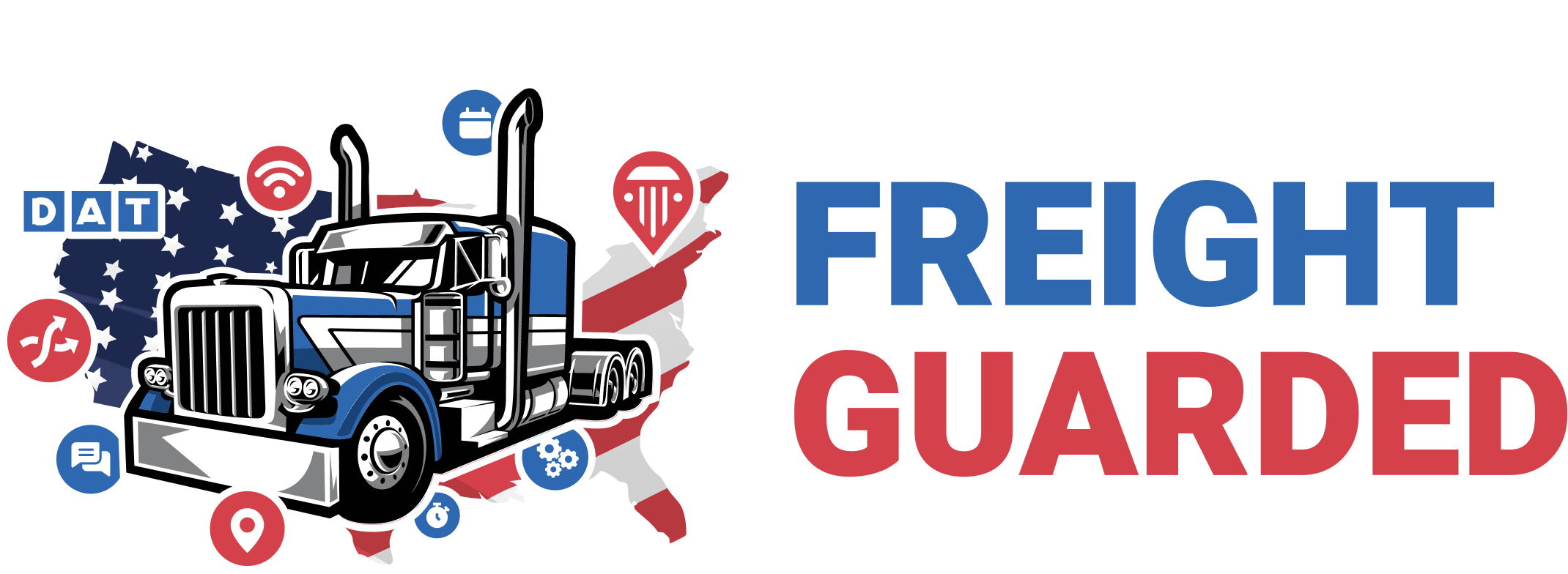Commercial Driver's License (CDL) endorsements are special authorizations that allow CDL holders to operate specific types of commercial motor vehicles or transport certain types of goods. These endorsements are added to the CDL after the driver completes additional testing. Here's a list of common CDL endorsements in the United States and what they permit a driver to operate or transport:
- H Endorsement (Hazardous Materials): Allows the transportation of hazardous materials that require placarding under Department of Transportation regulations. Drivers must pass a TSA background check in addition to the written test to obtain this endorsement.
- N Endorsement (Tank Vehicles): Authorizes the driver to operate tank vehicles, which are designed to transport any liquid or gaseous materials within a tank that is either permanently or temporarily attached to the chassis. The tank must have a capacity of 1,000 gallons or more.
- X Endorsement: Represents a combination of the H (Hazardous Materials) and N (Tank Vehicles) endorsements. It allows the driver to transport hazardous materials in tank vehicles.
- T Endorsement (Double/Triple Trailers): Permits the driver to tow double or triple trailers. A specialized knowledge test focusing on the safe operation of multiple trailers is required.
- P Endorsement (Passenger): Required for drivers who will be transporting passengers, such as bus or shuttle drivers. This endorsement requires passing a knowledge test and a skills test in a passenger vehicle.
- S Endorsement (School Bus): Allows the driver to operate a school bus. To obtain this endorsement, the driver must first have the P (Passenger) endorsement and then pass additional tests, both written and driving, specific to school bus operation. A background check and a check against the national sex offender registry are also required.
- F Endorsement (Air Brake): Not specifically an endorsement in all states, but rather a restriction if the driver does not pass the air brake component of the general knowledge test. If a driver's CDL is not restricted, it implies they are qualified to operate vehicles with air brakes.
It's important to note that the requirements for obtaining these endorsements can vary by state, and additional state-specific endorsements may be available. Drivers seeking endorsements should check with their state's department of motor vehicles (DMV) or similar regulatory agency for the most current requirements, testing procedures, and any applicable fees.

.thumb.jpg.79710ba0be5a9f3be83fb45bcaf36e79.jpg)